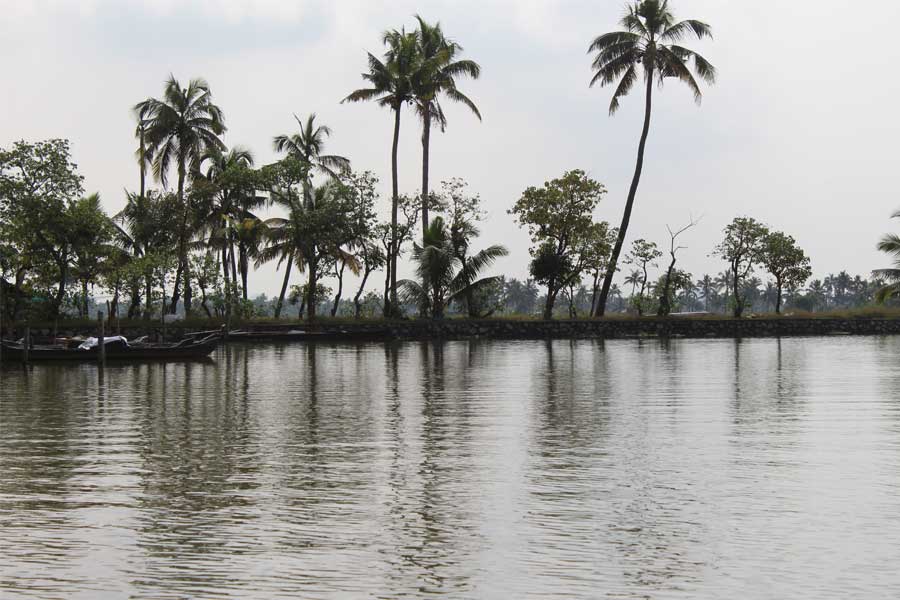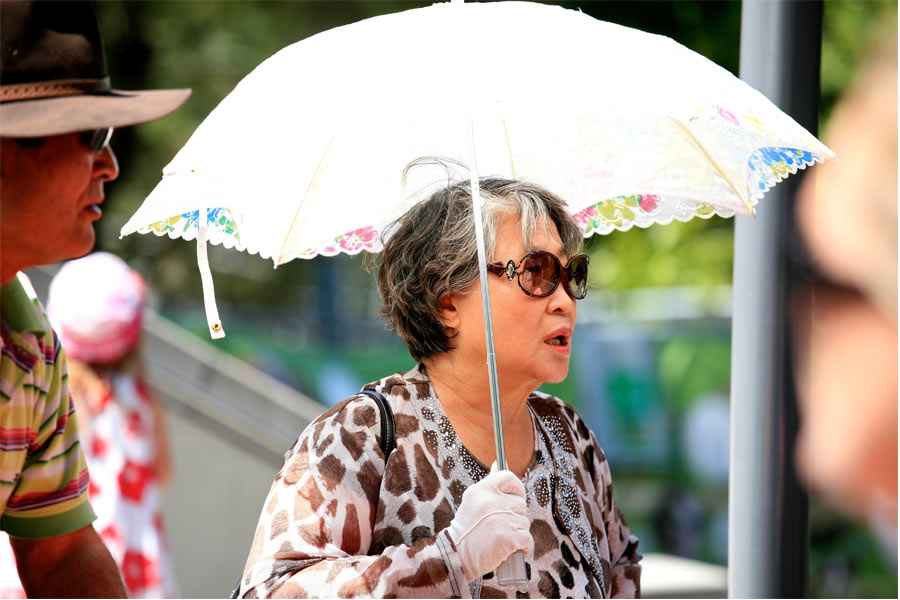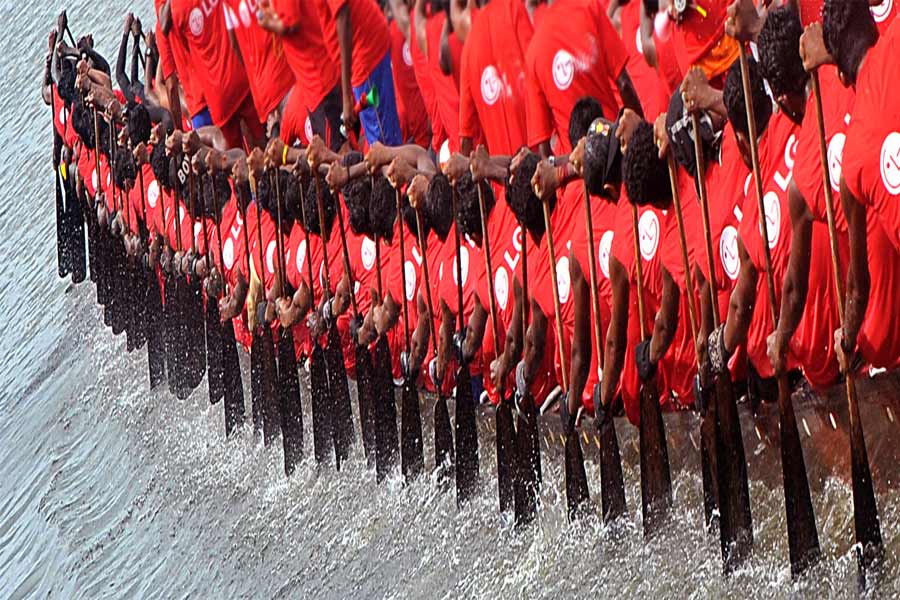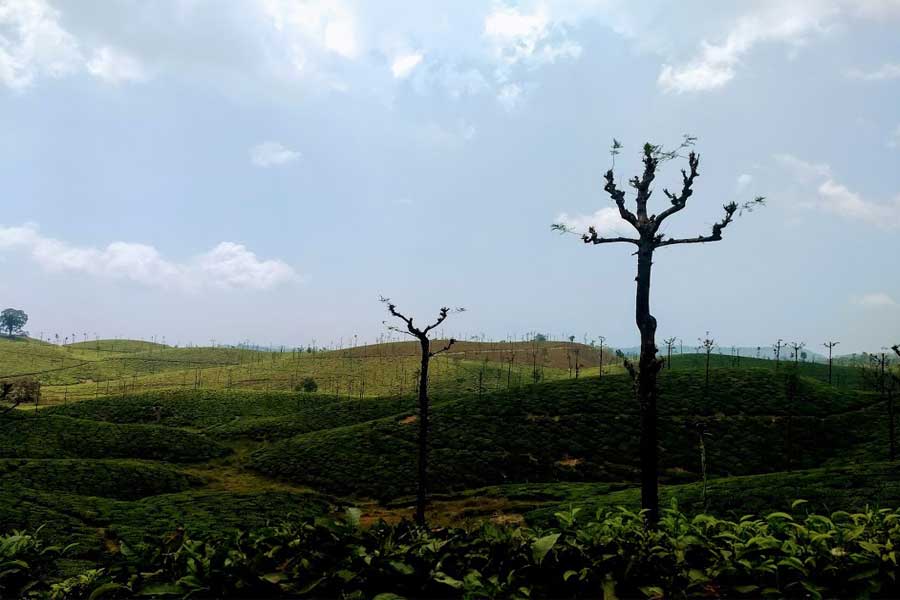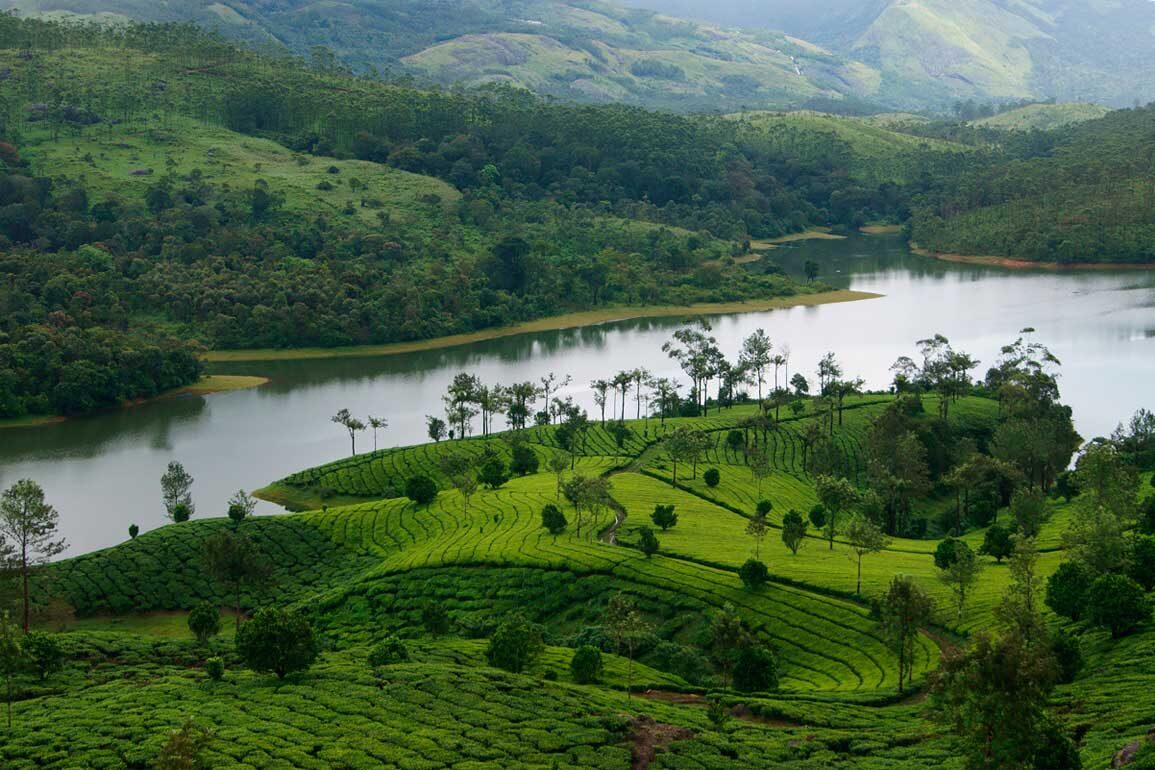The Tourism industry the world over has been hit hard by the Covid-19 pandemic with zero business for most stakeholders. The restrictions on travel and the rules of social distancing had plunged the industry into an unprecedented crisis. Forced to face the new reality of having to live with Covid-19, survival is the name of the game now.
The situation in Kerala is no different. Industry stakeholders, irrespective of their size, are unanimous in their opinion that business has never been this bad. As the industry look for resurgence, albeit with lower volumes, the focus is on domestic tourism.
A message from Marriott International president and CEO Arne Sorenson to Marriott associates effectively sums up how grave the situation is. “Covid-19 is nothing like what we have ever seen before. As a company which is 92 years old, that has borne witness to the Great Depression, World war II and many other economic and global crisis that is saying something”, he said in his message.
As in every crisis, the small and independent businesses has been hit the hardest with crippling financial setbacks. Though the market plunged into an abyss with almost zero business in some sectors, even the big players were forced to rethink and revise strategies. Everyone has accepted the new reality of having to live with Covid-19, at least till next season or even beyond that.
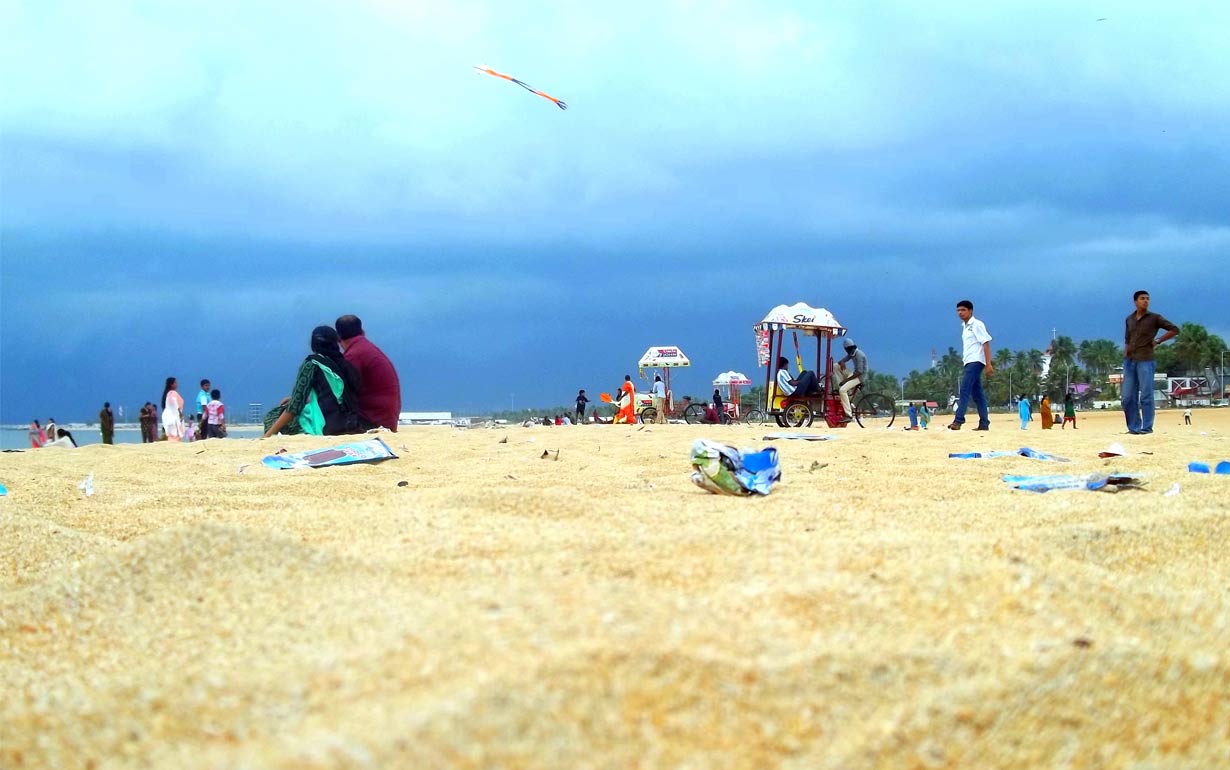
While there has been layoffs, pay cuts and even few shutdowns during these depressing times, the mantra for revival seems to be domestic tourism with special attention given to local tourists and short trips. Some of the bigger hotels are also expecting corporate and business clients.
Both Tourism India and Kerala Tourism had caught on this factor early on. In fact Kerala Tourism in May itself had launched ‘Keralam Kaanaam’, an initiative to attract local travellers by offering short-term tour packages at competitive prices. Kerala tourism is planning two more initiatives to promote short-haul tours. These campaigns are to be promoted through the websites of the leading media houses, social media platforms, FM radio, music streaming channels, bloggers etc. These affordable short-haul tours targets native tourists from Tier II cities in South India. The second campaign is to focus on local tourist destinations and on responsible tourism products.
Such initiatives are seen as proactive steps by stakeholders who appear resigned to the prospect of a couple of years of very bad business days. Some stakeholders from the worst-affected sectors like guides, transporters, homestay owners, houseboats etc. are disappointed that the government is not doing enough to help them.
According to Rajesh P R, a Regional Level Tour Guide of India Tourism “Everyone in the tourism sector is worried especially those running small businesses and people like guides, drivers etc. There have been many layoffs as well, mainly those of hundreds of interns who work in hotels and others who work in the unorganised sector. As for Guides like me, there doesn’t appear to be any scope for work anytime soon. Many small businesses like homestays, transporters and tour operators/agencies etc. may not survive the crisis at all. However, Government has not announced any concrete help. Government needs to arrange financial help to keep them floating.” If not for the pandemic, Rajesh would have been working all through the tourism season and then managing trips to Europe.
Alleppey houseboats owner Jinu, whose five houseboats have been docked with no business at all since February, agrees: “A lot of small business owners are on the verge of closing shutters. Government needs to announce some kind of survival package to help.” Jinu, who also owns the Anugraha homestay, further says, “At the moment, there is absolutely no business. But we are hopeful of some business from domestic tourists. We have resigned to the fact that there won’t be any business from international tourists for another couple of seasons.”
The hope to cater to local tourism is seen as the only way forward by most stakeholders. Whether its hotels, resorts or tour operators. Lotus Destinations Pvt Ltd, who used to offer cruise ship packages to other businesses, has come up with an entirely new package to sustain their business. Ranjit B, Assistant Manager, Operations, Lotus Destinations, says “We have come up with short trips to some very interesting destinations like Wayanad, Gavi, Valparai, Nelliyampathi, Thattekkad etc. We even have a 3-hour trip planned to an interesting location in Kochi. It’s all still in initial stages and the marketing would be done mostly via social media. It’s all well thought-out trips. Local tourism is definitely the way forward for now.”

While some hotels and resorts have announced special packages and discounted rates to attract customers, there are some big hotel groups which have found niche sectors to be exploited. While hotels like Crowne Plaza, Kochi offers special rooms for Covid-19 responders, there are some other hotels offering quarantine facilities for NRIs.
Then there are those like the Taj Gateway and Taj Malabar, who seems to have found that perfect niche of corporate clientele to keep them busy and tide over the crisis. Nirmal George, Assistant Manager, Sales at Taj Gateway says “We are offering quarantine facilities to employees of certain corporates who stay with us for 14 days before reporting for duty. He clarifies that “there has been no layoffs or pay cuts for Taj Hospitality Group employees”.
Not all have been so lucky—even some big hotel chains like Marriott international have resorted to cost-cutting measures which have adversely affected their employees worldwide. And these measures adopted by big hotel chains vary from country to country corresponding to local laws and the government response.
Now, the lack and thereby the need for government response to help the stakeholders is one big complaint from the whole industry. P Balakiran, IAS, Director, Kerala Tourism is well aware of the crisis the industry is facing. He says that the “State government would soon come up with a concrete plan to help the stakeholders with plans having short-term and long-term impact. Directives regarding some of these plans have already been issued. More help is on its way. State Government plans include loans with subsidised interest rates which would be a big help, he adds.
It has been estimated that in 2019, tourism contributed to 9.5 per cent of India’s GDP and received 5.9 per cent of total investments. In the same year, Kerala tourism registered a 70 per cent growth, and accounted for 1.96 crore travellers.
An industry with tremendous employment opportunities, the Government can’t afford to ignore the plight of the tourism sector which is facing perhaps its worst-ever survival test. It has been one of the first to be affected by the pandemic and probably would be the last to fully revive. But, it needs all the help it can to overcome the crisis.

